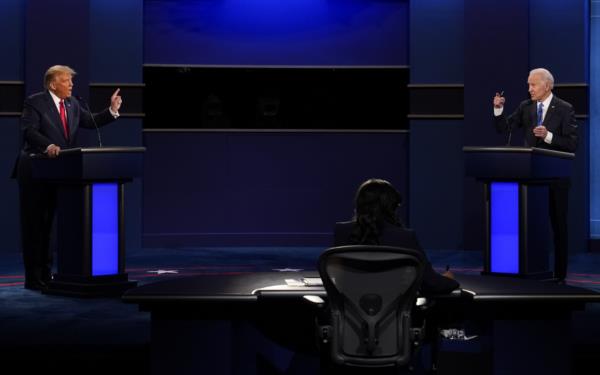
In a recent political gathering in Reno, former President Donald Trump ostensibly applauded Russian President Vladimir Putin's understanding of democracy, sparking controversy and criticism. Trump quoted Putin's critique of current President Joe Biden's administration, showcasing it as an example of threatening democracy.
The former president reportedly referenced Putin's statement, asserting, 'Biden's 'politically-motivated persecution' of his political rival is very good for Russia because it shows the rottenness of the American political system, which cannot pretend to teach others about democracy.' Such provoking comments about a Russian leader from a former American president have caused a significant stir.
Trump's praise wasn't limited to Putin alone. His compliments also reached other global authoritarian leaders, including Hungarian Prime Minister Viktor Orban, whom Trump referred to as 'highly respected'. North Korean leader Kim Jong-Un was not spared either, as Trump characterized him as being 'very nice.'
This pattern of lauding authoritarian leaders is not a new development for Trump. Multiple instances throughout his presidential campaign had seen him express admiration for these “strong leaders”. These leaders, according to Trump, instill fear, which he has leveraged to argue that the current President Biden's leadership is comparably weaker.
The political climate surrounding Trump's statements is equally contentious. Critics continue to voice their concerns about the possibility of another Trump term, which they fear could descend into an authoritarian regime. This sentiment has been fueled further by Trump's evasive response to questions about his potential dictator-like approach if re-elected.
Amidst this mounting tension, Trump's recent remarks serve as an ominous reminder of his inclination towards 'strongman' politics. His attempt to portray an adverse image of the current administration by quoting international leaders known for their authoritative ruling styles underscores the former president's controversial approach to political discourse.







